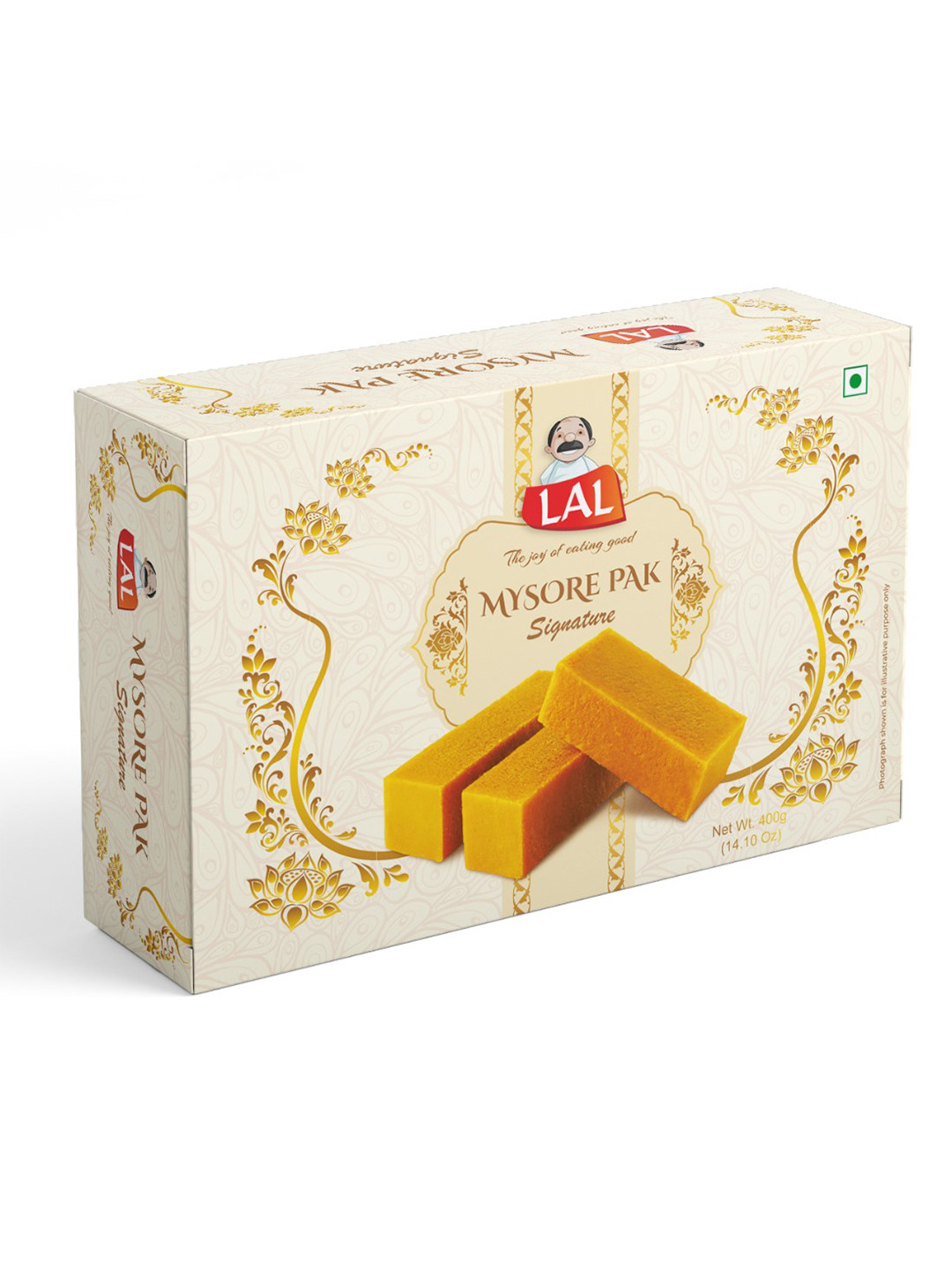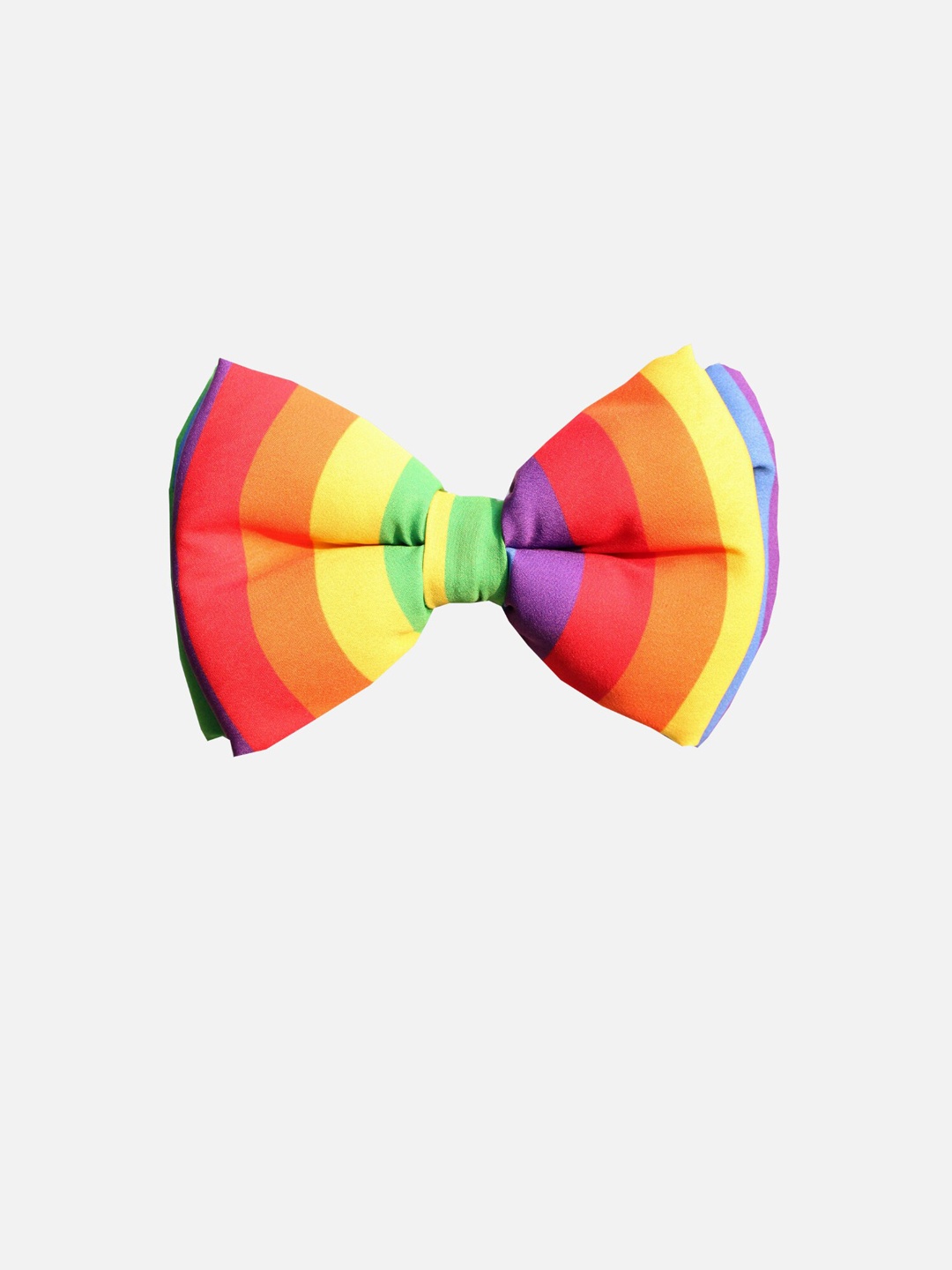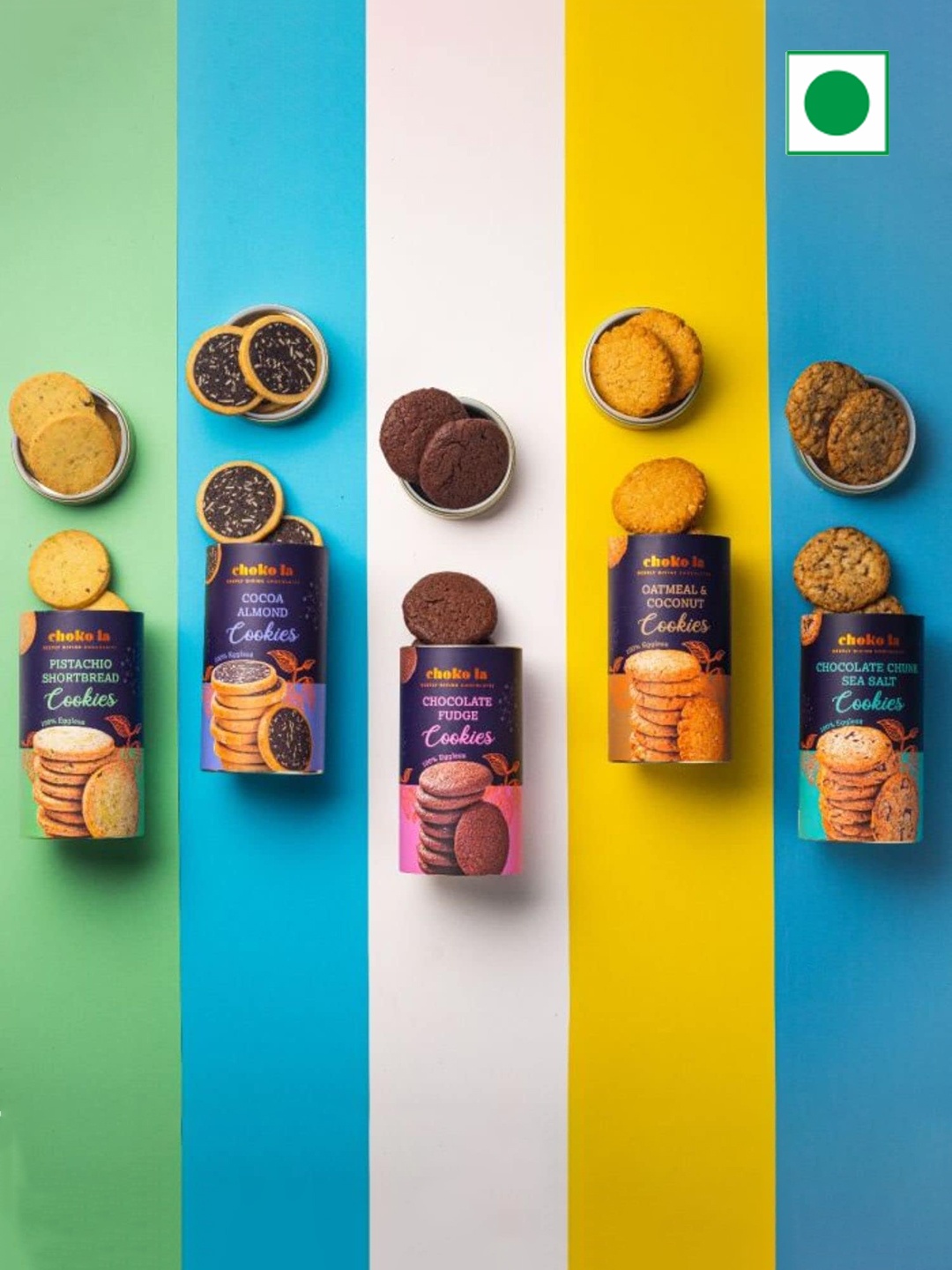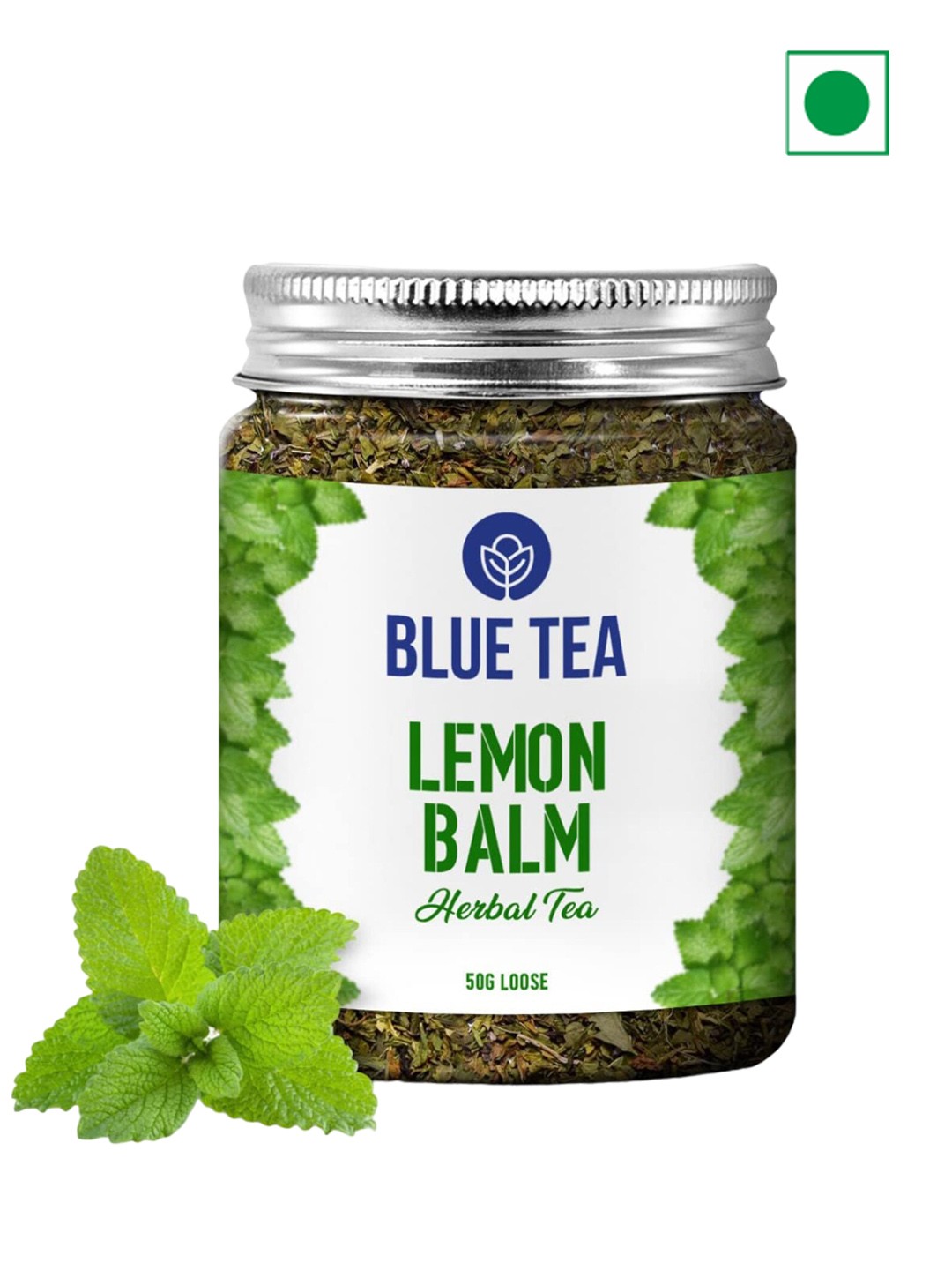Mosquito Coil Or Mosquito Vaporiser: Which One Is Better For You?
Confused between mosquito coils and vaporisers? Discover which is safer, more effective and better suited for your home. Read about pros, cons, health risks and a detailed comparison table.

A traditional mosquito coil burns whereas a vaporiser heats up to spread vapour
Few things can ruin a peaceful evening at home quite like the incessant buzzing of mosquitoes. For many households across India and beyond, mosquito protection is not just a matter of comfort but of health, given the risks of mosquito-borne illnesses such as dengue, malaria and chikungunya. Among the most common solutions on the market are mosquito coils and mosquito vaporisers. Both are widely available, relatively affordable and designed for domestic use, but which one should you trust to keep your home mosquito-free?

Protect your family from mosquitoes with these essentials from Good Knight and more.
Photo Credit: Good Knight
Mosquito Coil vs Mosquito Vaporiser: Explained
Mosquito Coils
The mosquito coil is almost a cultural symbol of summer evenings in many parts of Asia. A spiral-shaped coil, typically made from a paste of powdered pyrethrum (a natural insecticide derived from chrysanthemum flowers) and other chemical binders, it works by slowly burning once lit. As the coil smoulders, it releases smoke laced with insecticidal vapour that repels mosquitoes.
Also Read: Peaceful Sleep Solution: Top 5 Deals On Mosquito Nets Now On Amazon
Coils are prized for their simplicity. All you need is a matchstick to light one end, and the device will gradually burn through the night, lasting anywhere between 6 to 12 hours depending on its size. They are inexpensive, portable and require no electricity, qualities that make them especially useful in rural or outdoor settings.
However, the very smoke that keeps mosquitoes away is also a point of contention. Studies have shown that prolonged exposure to mosquito coil smoke can be harmful to human health, particularly in poorly ventilated spaces. The smoke may irritate the lungs, eyes and throat, with some researchers even drawing comparisons to passive cigarette smoke. This has led health experts to caution users against relying on coils for long-term, indoor use.
Mosquito Vaporisers
Vaporisers have, in recent years, emerged as the modern answer to the mosquito problem. Powered by electricity, these devices work by heating a liquid insecticide contained in a refillable cartridge. The liquid gradually evaporates into the air, releasing a vapour that repels or kills mosquitoes.
Vaporisers are favoured for their convenience and cleaner operation. They do not produce visible smoke or ash, making them more suitable for use in bedrooms, living rooms and other indoor environments. Most devices are designed to last an entire night on a single refill, and the refills themselves can be easily purchased in supermarkets or online.
On the downside, vaporisers are entirely dependent on electricity, limiting their usefulness during power cuts or in places without reliable access to electricity. Some households also express concern about the long-term inhalation of chemical vapours, especially in the presence of children or pregnant women, though research suggests they are generally safer than coils when used correctly and in moderation.

mosquito coils and mosquito vaporisers are most common ways to get rid of mosquitos
Photo Credit: Pexels
Health And Safety Considerations
When comparing coils and vaporisers, safety naturally emerges as a decisive factor.
Coils, by their very nature, emit smoke that contains particulate matter and potential toxins. A 2006 study published in Environmental Health Perspectives estimated that burning a single mosquito coil could release particulate matter equivalent to dozens of cigarettes. While this figure is debated, the fact remains that coils are better suited for outdoor use or in well-ventilated areas rather than enclosed bedrooms.
Vaporisers, by contrast, offer a cleaner method of mosquito control. They do release chemical vapours, but these are diffused in lower concentrations compared to the thick smoke of coils. Provided the room is ventilated and the device is used according to manufacturer guidelines, vaporisers are considered relatively safe. However, sensitive individuals, such as asthma patients, may still experience irritation.
Cost and Accessibility
Another point of comparison is affordability. Mosquito coils are cheap, with a pack often costing less than a cup of tea at a café. They are also widely available, even in the smallest of neighbourhood shops. Vaporisers, however, involve a higher upfront cost for the device itself, as well as recurring expenses for refills. Over time, vaporisers may work out to be more expensive than coils.
That said, many households are willing to bear the cost for the sake of convenience and safety. Urban consumers, in particular, have gravitated towards vaporisers due to their cleaner and more modern operation. Rural consumers, on the other hand, may still prefer coils for their affordability and independence from electricity.
Effectiveness In Repelling Mosquitoes
The ultimate measure of any mosquito control method is its ability to repel or kill mosquitoes. Both coils and vaporisers are effective to varying degrees, though environmental conditions play a role.
Coils are best suited for open or semi-open areas where smoke can disperse while still forming a protective barrier. They may not work as effectively indoors, especially if the smoke dissipates quickly or if windows and doors are left open. Vaporisers, meanwhile, perform better in enclosed spaces where the chemical vapour can build up and remain concentrated enough to repel mosquitoes throughout the night.
At A Glance: Mosquito Coil vs Mosquito Vaporiser
| Feature | Mosquito Coil | Mosquito Vaporiser |
|---|---|---|
| Method | Burns to release insecticidal smoke | Heats the liquid to release vapour |
| Best Use | Outdoors or well-ventilated areas | Indoor, enclosed spaces |
| Duration |
|
|
| Health Concerns | Smoke inhalation may cause irritation | Chemical vapours , may cause irritation |
| Electricity | Not Required |
|
| Cost | Low | Higher (device + refill) |
| Convenience | Portable, easy to use | Cleaner, smoke-free, more modern |
| Overall Effectiveness | Moderate in enclosed spaces, good outdoors | Strong in enclosed, indoor spaces |
Environmental Impact
Environmental concerns are often overlooked in discussions around household insecticides. Mosquito coils, being disposable, contribute to waste. The ash and the remaining stub are typically discarded after each use. Vaporisers, on the other hand, require plastic refill bottles, which add to non-biodegradable waste if not recycled. Both therefore have an ecological footprint, though coils arguably produce more immediate air pollution.
So, Which One Wins?
There is no one-size-fits-all answer. The choice between mosquito coils and vaporisers depends on context. For outdoor gatherings, rural households or during power cuts, coils remain a practical option. For indoor, urban living where health and convenience are priorities, vaporisers take the lead.
The key is to balance effectiveness with health considerations, and to ensure that whichever option you choose is used responsibly. Good ventilation, moderation in use and exploring supplementary measures, such as mosquito nets or herbal repellents, can also reduce reliance on chemical products.
Frequently Asked Questions (FAQs)
1. Are mosquito coils safe to use indoors?
Mosquito coils release smoke that may irritate the lungs and eyes, especially in poorly ventilated rooms. Experts recommend using them outdoors or in well-ventilated spaces.
2. Do mosquito vaporisers have side effects?
Mosquito vaporisers release chemical vapours that are generally considered safer than smoke from coils. However, sensitive individuals such as asthma patients may experience mild irritation.
3. Which is more effective: mosquito coil or vaporiser?
Coils are effective in open or semi-open areas, while vaporisers work best in enclosed indoor spaces where vapour concentration is maintained.
4. Are mosquito coils harmful to health in the long run?
Prolonged exposure to mosquito coil smoke may lead to respiratory problems and has been compared to passive cigarette smoke in some studies.
5. What is the best way to keep mosquitoes away indoors?
Apart from coils and vaporisers, mosquito nets, window screens and natural repellents such as citronella and neem oil are effective, safer alternatives.

























